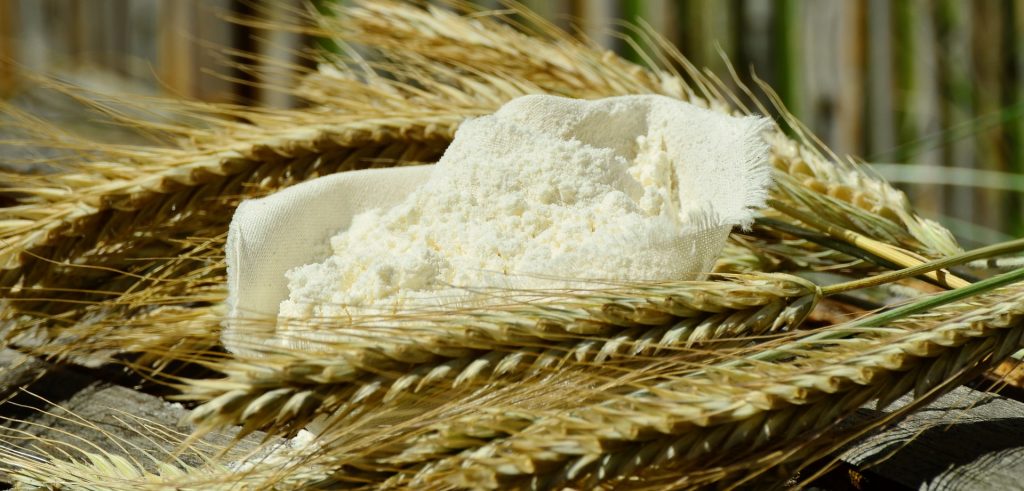Why The Flour In Your Kitchen Might Be Making You Sick
Raw and expired flour may be contaminated with E.Coli, Salmonella, or other micro bacteria that could be deadly.
This article is more than 2 years old

When was the last time you checked the expiration date on your bag of flour? If it has been a while, you may want to take a peek. Research has shown that old or contaminated flour can be a breeding ground for harmful bacteria that can make you sick.
Many of us keep bags of this kitchen staple in our kitchens for baking or cooking, but we need to be aware of the potential dangers lurking. Flour is a raw agricultural product that can harbor harmful pathogens such as Salmonella and E. coli, which can cause foodborne illnesses such as diarrhea, fever, and abdominal cramps.
One of the biggest culprits is old flour. As flour ages, it can become contaminated with bacteria from the environment, leading to the growth of harmful microorganisms. In addition, moisture can promote bacterial growth, making it essential to store flour in a dry, cool place. So if you’ve had that bag of flour in your pantry for months, it’s probably time to toss it.
Another potential danger is raw flour. Many people enjoy sampling cookie dough or cake batter, but raw flour can be as risky as raw eggs regarding foodborne illness. Sheryl Barringer of the Department of Food Science and Technology at The Ohio State University, via SciTechDaily, states, “The problem happens when people eat the flour without first boiling it, like when they swallow raw cookie dough or “lick the bowl clean.”
Raw flour and raw eggs both have the potential to have pathogenic germs in them. Public health experts are primarily worried about E. coli and Salmonella, which are both dangerous infections that can make people very sick or even kill them. So, if you or your children enjoy eating raw cookie dough, you may want to put the spoon down from now on.
In 2019, General Mills recalled over 12 million pounds of flour due to a potential Salmonella contamination. The recall affected several popular brands sold across the United States and led to dozens of cases of illness. Contaminated flour can also be a problem in commercial settings.
So, what can you do to protect yourself and your family? First, check the expiration date on your bag and use it before it expires. It’s also important to store flour in a dry, cool place and to avoid using flour that appears discolored, smells musty, or has any signs of mold. And while it might be tempting to indulge in raw cookie dough or cake batter, it’s best to resist the urge and wait until the dough has been cooked.
In addition, if you’re baking with the kitchen staple, washing your hands thoroughly with soap and water before and after handling flour is a good idea. And if you’re using a mixer or other kitchen equipment, clean it thoroughly after use to avoid cross-contamination. Better safe than sorry.
Even though flour might seem like a safe kitchen staple, it’s crucial to know the risks that come with old or contaminated products. You can enjoy your favorite baked goods without any worries by taking a few simple steps to protect yourself and your family.






